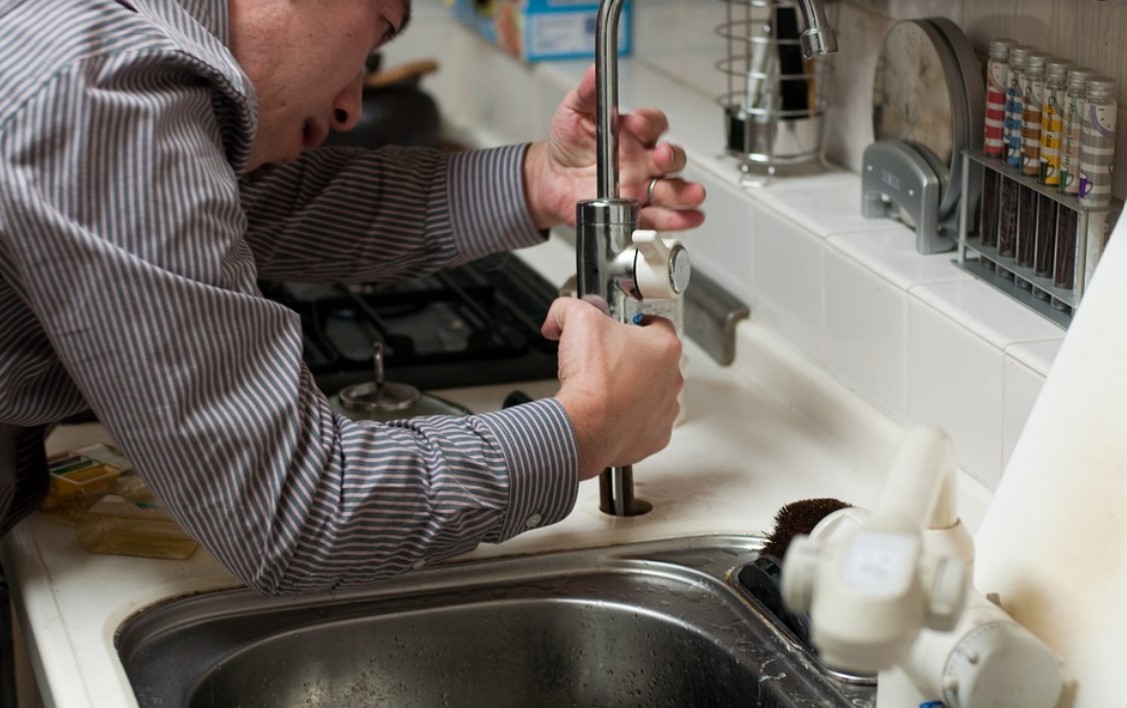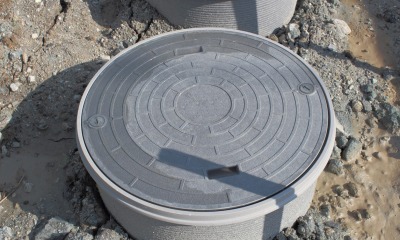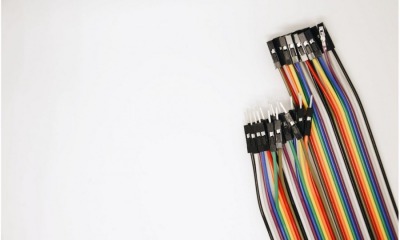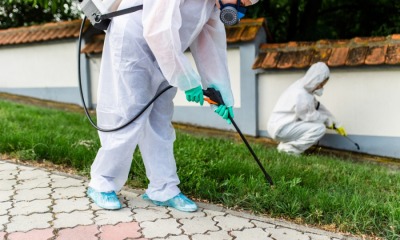Home Improvement
How to Prevent Your Drains from Getting Clogged

A clogged drain might not seem like a big problem to deal with, but that plumbing issue could quickly spiral out of control if you aren’t careful. That is why you and your family should always be looking for new ways to keep your plumbing system unclogged and undamaged at all times.
Properly Dispose of Food Waste
One of the most common reasons why drains become clogged is because food debris is rinsed down the sink. While it might seem easier to rinse away old food debris, most plumbing systems aren’t designed to handle those materials. Some of the foods that could wreak havoc on your plumbing system include oils, fats, bones, pasta, rice, vegetable scraps, and coffee grounds.
Composting
One of the easiest and most effective ways to reduce food waste is by composting. Composting is simply the process of breaking down organic matter—in this case, food scraps—into nutrient-rich soil for use in gardens or other landscaping projects. Not only does this help reduce the amount of waste going into landfills, it also helps replenish depleted soils with vital nutrients that plants need to grow strong and healthy!
To get started composting at home, all you need is a bin or container to store your scraps in until they decompose. You can buy these bins online or build one yourself using a few simple materials like wood, mesh wire, and metal screws. If you don’t have space for a full-fledged compost pile at home, many cities offer curbside pickup services where that will take your compostable items away for you!
Donate Unused Items
Donating unused items rather than throwing them away is another great way to reduce food waste in your household. Before tossing out any unopened cans or boxes that may be past their expiration date, consider donating them to local pantries or charities instead! This can help those in need while reducing overall landfill waste as well as helping prevent hunger in your community—a win-win situation! Plus, if you itemize deductions on your taxes, many donations are tax-deductible; check with your accountant before making any donations for more information.
Dangers of Hygiene Products
Hygiene products are another major problem for residential plumbing systems, and they can quickly become trapped in your main sewage line and create clogs in all of the drains throughout your home. The only product that should ever go into your toilets is flushable bathroom tissue. Ear swabs, contact lenses, floss, wet wipes, cotton balls, tampon applicators, and makeup products can cause severe clogs that will eventually require professional drain cleaning services.
The Problem with Hygiene Products
Hygiene products such as wipes, tampons, diapers, and sanitary napkins are designed to absorb liquid and hold it until disposal. Unfortunately, these same features make them great at clogging drains and creating blockages. That’s because these items don’t break down easily in water as other waste materials do. Instead, they form large clumps that can get stuck in drains or combine with other items like hair or food scraps to create a bigger blockage.
How to Avoid Clogs
The best way to avoid a plumbing disaster is by properly disposing of hygiene products. For instance, place all used wipes and diapers in an airtight garbage bag before discarding them into the trash bin. Additionally, never flush any type of hygiene product down the toilet—even those labeled “flushable”—as they will eventually cause clogs further down the line. Finally, if you have a septic tank system installed at home, make sure to check regularly for any signs of blockages as they can quickly become a major issue if left untreated.
Use Hair Catches
A hair catch is nothing more than a small piece of metal or plastic mesh that is placed directly over your drains. Once the device has been put over the drain, it can be emptied once every few weeks so that hair doesn’t get into your sewage lines. You also have the option of installing built-in hair catches that will replace your old stoppers, and those devices can usually be installed in under an hour with a handful of tools that most homeowners already own.
Be Careful During Renovations
During a major home renovation, the last thing you are probably thinking about is a clogged drain. Unfortunately, many of the materials and products that are used during renovations get casually rinsed down sinks and cause a tremendous amount of damage. As a general rule, any of the debris that is collected during your next home renovation should be disposed of in your trash can or bin.
If you wait too long and don’t address a clogged or slow drain, then you might end up dealing with a blocked sewage line or other serious problems that require professional assistance. Luckily, most clogs can easily be avoided with some changes to your habits and a few simple gadgets.
-

 Tech11 years ago
Tech11 years agoCreating An e-Commerce Website
-

 Tech11 years ago
Tech11 years agoDesign Template Guidelines For Mobile Apps
-

 Business6 years ago
Business6 years agoWhat Is AdsSupply? A Comprehensive Review
-

 Business10 years ago
Business10 years agoThe Key Types Of Brochure Printing Services
-

 Tech8 years ago
Tech8 years agoWhen To Send Your Bulk Messages?
-

 Tech5 years ago
Tech5 years ago5 Link Building Strategies You Can Apply For Local SEO
-

 Law5 years ago
Law5 years agoHow Can A Divorce Lawyer Help You Get Through Divorce?
-

 Home Improvement6 years ago
Home Improvement6 years agoHоw tо Kеер Antѕ Out оf Yоur Kitсhеn











































